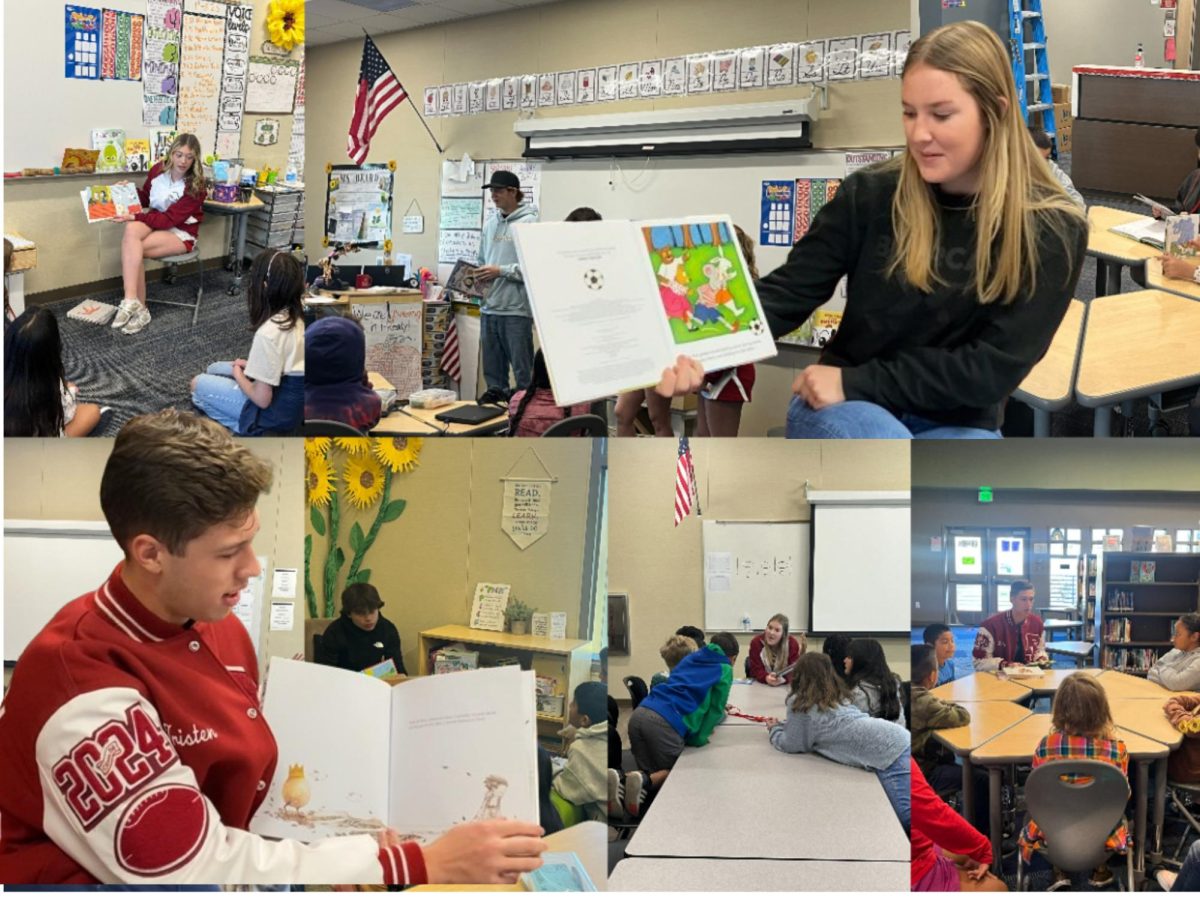The benefits of venturing outside the U.S.
“Traveling is good. But actually living there is different. Traveling is scratching the surface. Living there you are actually a part of it,” is Spanish teacher Jennifer Fuller’s message.
[dropcap size=small]F[/dropcap]rom Cuba to Argentina to Spain, Bearcats have visited places far enough to qualify them as world travelers. But most Americans, let alone teens, have never left the United States, the average American, roughly 29 percent of adults have never been abroad, according to a survey conducted by the New York Daily News.
Travel has been shown to be an important part of maturing the teen mind. Most teens have been cultivated in a little isolated bubble and have yet to look outside it. Some understandably do not want to leave the U.S. since there is already so much to do here; however so many benefits exist in making the trip into the unknown.
English teacher Aaron Cantrell and his children, junior Joe Cantrell and alumni Amy Cantrell, departed for a trip across the Gulf to Vinale, Cuba, on New Year’s Eve. Each morning they were greeted by the aroma of authentic Cuban cuisine in Villa Cristina, the home of a family they were staying with for 6 days. Breakfast cost them $5 with the average monthly income of Cubans typically about thirty dollars.
Joe rated the trip a ten out of ten, and that he would recommend it to anyone. In Cuba, “it’s like it opens your mind; in America it’s all about consumerism…like having stuff makes you happy. But in Cuba, a lot of people are poor, and they’re happy,” said Joe, who has traveled extensively.
Previously under the former President Obama, travel and trade has once again been opened after relations between the United States and Cuba has been turbulent at best, with the embargo and diplomatic withdrawal since 1961. Travel between two nations can prove to improve tolerance between peoples, a byproduct of world travel, and a hopeful trait for the next generation.
Teachers recommend traveling the world because it exposes to new cultures and customs, and can give your world perspective a full 360. Spanish teacher Jennifer Fuller traveled to Argentina when she was attending high school and Spain while in college. She stayed as an exchange student in the tiny town of Villaguay during 1984. Her experience was eye opening. “I never really thought about anything outside my own world in my country,” Fuller said.
Why teens do not really care is due to a lack of use of the area in the brain that is associated with empathy and decision making, according to LiveScience.com.
Fuller claims that living immersed completely in a different culture forced her to become fluent in Spanish and cemented her love for the Spanish culture. In the tiny town of Villaguay, she was considered a celebrity because the natives there had never met an American, making her the first American to visit.
After spending a summer in Spain, from July 27 to August 9 of 2016 junior Mikayla Rose felt her trip raised her cultural awareness while having fun nighttime escapades with Spanish friends.
“I loved being able to travel and visit places with my friends from Spain. Along with being able to do new things I never would have done here!”, her favorite part the midnight walks outside her Spanish friend Pilar Abad’s villa to a beautiful little church to spend the night talking joking, laughing and making memories under the same night sky.“…even though there might be a language barrier you still can create a relationship with amazing people and to experience new things involved in their culture which is absolutely amazing!”






